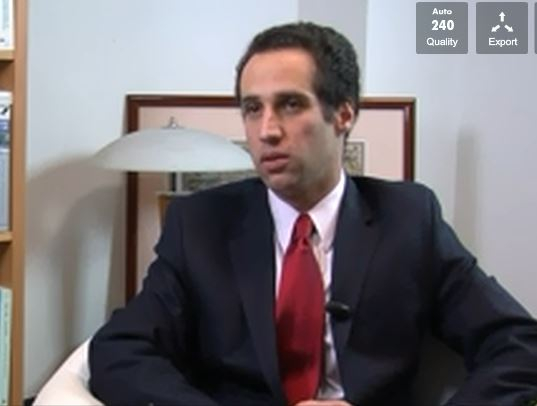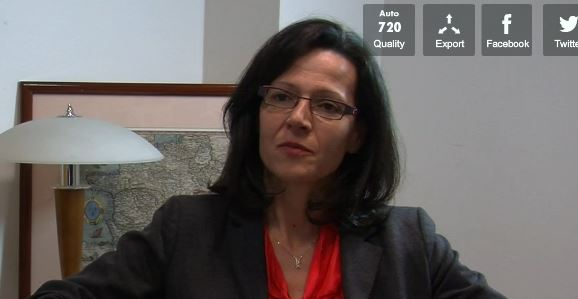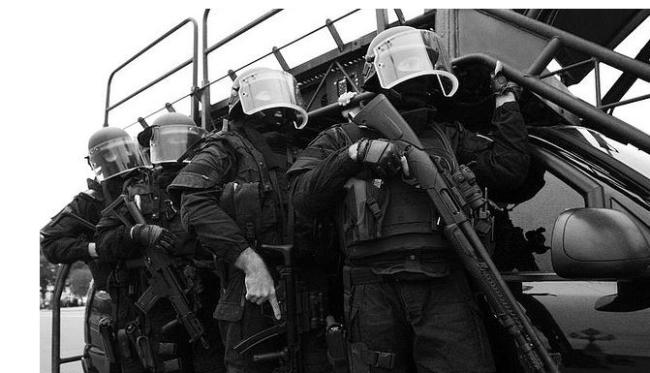Security - Defense
As a result of global strategic competition, security and defense issues are marked by the return of major wars and nuclear deterrence, the transformation of terrorism and the race for military technologies.
Related Subjects


Australia: A New Strategy for a Medium-Size Power
New configurations in Asia suggest to Canberra, as a middle-size power, that it should employ its external strategy as a means to bolster its security and regional stability.

Tunisia’s Armed Forces and Democratic Transition
Having reportedly helped topple Ben Ali, the Tunisian Armed Forces enjoy substantial support from the population.

Afghanistan’s Difficult Transition
Afghanistan’s transition has been, politically speaking, slower than first expected; militarily, it has been difficult with the Taliban increasing its attacks in many provinces, compromising the possibility of dialogue with the new power; and a diplomatic transition in which partners and neighbors have moved slowly from dialogue to action.

Jihad in Syria and in Iraq: a Сhallenge for France
One week after the terrorist attacks in Paris, the police killed two jihadists in Belgium. Officials said that the two men were coming back from Syria and were on the brink of targeting Brussels. The capital of Belgium was already targeted a few months ago: in May 2014, Mehdi Nemmouche – a French citizen who had trained in Syria – killed 4 persons in Brussels’ Jewish museum.
Conventionalizing Deterrence? U.S. Prompt Strike Programs and Their Limits
About a decade ago, the U.S. started to examine options to develop and acquire Conventional Prompt Global Strike capabilities. This move fits in an effort to conventionalize deterrence, an effort initiated decades before and undertaken for profound and diverse motives. Although it has been renewed under the Obama administration, which aims to reduce the U.S. reliance on nuclear weapons, this ambition has resulted in very little concrete progress.
"U.S. Foreign Policy and the Ukrainian Turmoil"
The speakers from the Annual Conference on the United States summarize their talks in short videos. Here, Jeff Mankoff analyzes the strategies put in place by the United States with hopes of containing the situation in Ukraine.
Don’t Overhaul French Anti-terrorism
For the past two years, French experts on terrorism have felt anxious. They often emphasized: “The question is not whether France will be targeted by a terrorist attack, but when.” The dreaded attack took place on January 7th, 2015. That evening, various speakers across the media expressed their solidarity with the victims, but also criticized intelligence agencies for their failure, and asked for the implementation of a completely different strategy or the adoption of a new antiterrorist law. Never mind that the last one was only voted on a couple of months ago — the mere occurrence of the attacks shows that something went wrong somewhere. The French Prime Minister, Manuel Valls, didn’t hide this fact and asked for a thorough report. But let’s face it: No antiterrorist scheme is foolproof. The attack against Charlie Hebdo should not lead to an entire rethink of a French system that had become stronger over the years and now seems solid.
Syria and Beyond: The Future of the Chemical Weapons Threat
The use of chemical weapons (CW) in Syria and the decision to award the 2013 Nobel Peace Prize to the Organization for the Prohibition of Chemical Weapons (OPCW) reminded the international community that these weapons continue to represent a serious threat. The number of incidents of chemical attacks has been increasing in recent years, and efforts to curb CW programs – apart from the joint mission in Syria – have generally proven unsatisfactory.

Internet Governance after Snowden
The Snowden affair could bring about major changes in the structure of the Internet and its governance. Technologies should now a priori integrate standards which give citizens the capacity to keep a check on what data is available.
Support independent French research
Ifri, a foundation recognized as being of public utility, relies largely on private donors – companies and individuals – to guarantee its sustainability and intellectual independence. Through their funding, donors help maintain the Institute's position among the world's leading think tanks. By benefiting from an internationally recognized network and expertise, donors refine their understanding of geopolitical risk and its consequences on global politics and the economy. In 2024, Ifri will support more than 70 French and foreign companies and organizations.















